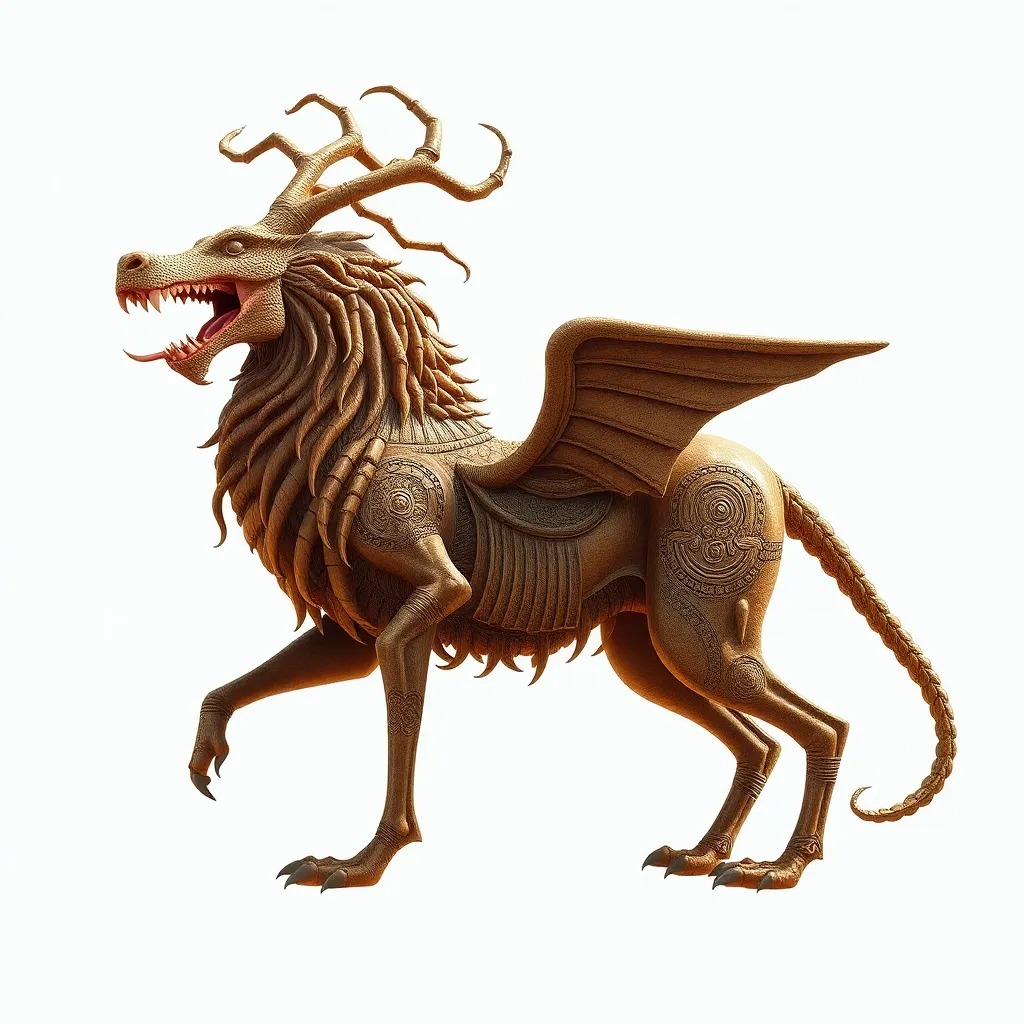The Role of Mythological Creatures in Greek Philosophy
I. Introduction
Mythological creatures in Greek mythology encompass a vast array of beings, including gods, monsters, and hybrids, each serving a unique purpose within the narratives of ancient Greece. These entities are not merely fantastical figures; they represent deeper truths and moral lessons that have shaped Greek thought and culture.
Greek philosophy, with its emphasis on reason, ethics, and the nature of existence, emerged as a significant intellectual movement that sought to understand the world and humanity’s place within it. Philosophers such as Socrates, Plato, and Aristotle laid the groundwork for Western philosophical thought, often engaging with the rich tapestry of mythology that preceded them.
This article explores how mythological creatures influenced philosophical thought and moral concepts in ancient Greece, illustrating the interplay between mythology and philosophy in shaping ethical frameworks and cosmological beliefs.
II. Historical Context of Greek Mythology
Greek mythology has its roots in the oral traditions of ancient Greece, evolving over centuries into a complex system of stories and beliefs. These narratives served not only as entertainment but also as a means of explaining natural phenomena, human behavior, and the divine.
The relationship between mythology and early philosophical thought is significant. As philosophers began to question traditional narratives, they simultaneously drew upon these myths to illustrate their ideas. The cultural identity of ancient Greece was deeply intertwined with its myths, influencing everything from art to politics, and providing a framework for understanding the human experience.
III. Common Mythological Creatures and Their Symbolism
Key mythological creatures include:
- Gods: Deities like Zeus and Athena symbolize power, wisdom, and justice.
- Monsters: Beings such as the Minotaur and Medusa often represent chaos and the darker aspects of human nature.
- Hybrids: Creatures like centaurs and sphinxes embody the fusion of human and animal traits, reflecting the complexity of existence.
The symbolic meanings associated with these creatures are profound. For instance, the Minotaur can be seen as a representation of human savagery and the inner beast, while the Sirens symbolize temptation and the perils of desire. These symbols relate to philosophical ideas such as:
- Virtue: The gods often embody the highest ideals of virtue.
- Chaos: Monsters illustrate the chaos that exists in the world and within ourselves.
- Knowledge: The quest for knowledge is often depicted through the trials faced by heroes.
IV. Mythological Creatures as Metaphors in Philosophical Discourse
Mythological creatures frequently appear in allegories and parables, serving as powerful metaphors in philosophical discourse. For instance, the story of the Minotaur represents the struggle against one’s own inner demons, while the Sirens are a cautionary tale about the dangers of succumbing to temptation.
Philosophical texts often reference these creatures to convey complex ideas. In Plato’s “Republic,” the allegory of the cave uses the metaphor of shadows on a wall to discuss the nature of reality and enlightenment. Similarly, Aristotle’s works integrate mythical narratives to explore human ethics and the nature of virtue.
The function of these metaphors is to provide relatable illustrations of abstract concepts, making philosophical ideas more accessible to the public. By employing mythological creatures, philosophers invite readers to reflect on their moral choices and the underlying truths of existence.
V. The Influence of Mythological Creatures on Moral Philosophy
Mythological narratives are rich sources of ethical lessons, often presenting dilemmas that force characters to choose between right and wrong. For example:
- The tale of Prometheus highlights the conflict between divine authority and human progress.
- The story of Odysseus showcases the virtues of cunning, perseverance, and loyalty.
Philosophers like Plato and Aristotle integrated these myths into their moral frameworks, using them to illustrate principles of justice, virtue, and ethical behavior. Plato’s “Myth of Er” at the end of “The Republic” serves as a narrative about the afterlife and the consequences of one’s actions, reinforcing the importance of moral integrity.
The impact of mythological narratives on societal values is profound, as they provide a shared cultural lexicon that shapes ethical understanding and communal identity.
VI. The Role of Mythological Creatures in Cosmology and Metaphysics
Mythological creatures reflect ancient Greek cosmological beliefs, often personifying natural elements or celestial phenomena. For instance, the Titans represent primal forces of nature, while deities like Poseidon embody the sea’s power and unpredictability.
These beings have metaphysical implications regarding the nature of reality and the existence of gods. Questions about the divine and the universe are explored through the characteristics and actions of mythological creatures, providing insight into the ancient Greek worldview.
Contributions to debates about the divine include discussions of fate, free will, and the interplay between human agency and the will of the gods, a theme prevalent in both mythology and philosophy.
VII. Critiques and Counterarguments
While mythology has played a significant role in philosophical thought, there have been critiques of its relevance. Philosophers like Socrates advocated for rational thought, often expressing skepticism about the validity of mythological narratives. This tension between rational inquiry and mythological belief raises important questions about the nature of knowledge.
Alternative perspectives suggest that mythology remains relevant in contemporary philosophical discourse. While rational thought is crucial, the emotional and moral insights offered by myths continue to resonate, providing a rich context for exploring human experience.
VIII. Conclusion
In summary, mythological creatures have profoundly influenced philosophical thought and moral concepts in ancient Greece. Through their symbolism, allegories, and ethical lessons, these creatures have shaped cultural identity and provided frameworks for understanding existence, morality, and the divine.
The lasting legacy of mythological creatures in contemporary philosophical thought invites further exploration of their intersection with modern ethics, metaphysics, and cultural narratives. As we continue to engage with these ancient stories, we uncover the timeless truths they hold, reflecting on their relevance in our lives today.




